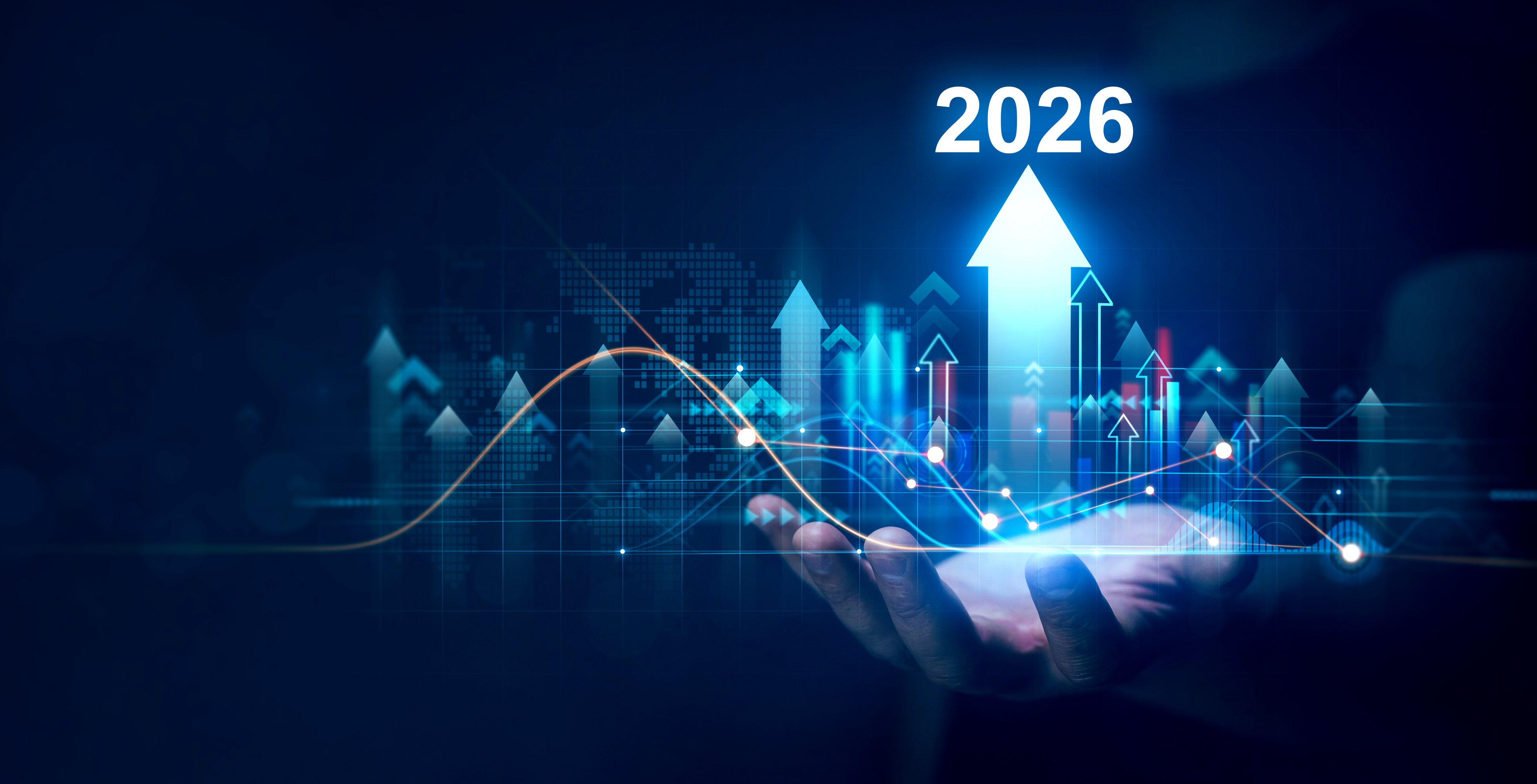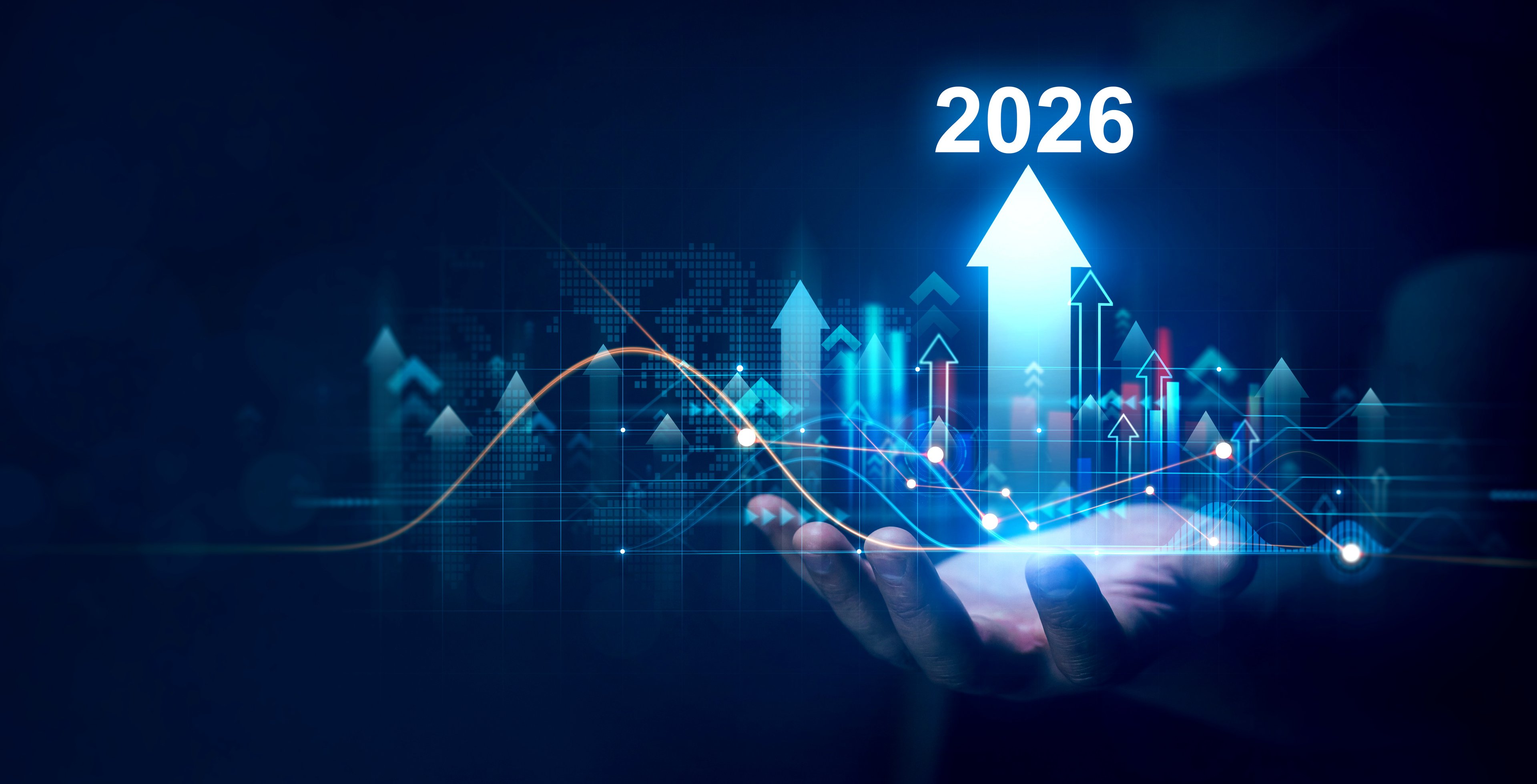Amazon.com (AMZN 2.15%) was understandably the talk of CNBC on Tuesday after its market cap crossed $1 trillion for the first time. The leading online retailer is now just the second U.S. company to accomplish that 13-figure feat, and time will tell if the immediate pullback after crossing that threshold will last.
Amazon has more than doubled over the past year, a pretty big deal for a company of the dot-com darling's size. CNBC was interviewing Mark Mahaney at RBC Capital Markets, and one of the hosts questioned if it was right that Amazon has essentially tacked on Facebook's (FB 2.15%) roughly $510 billion market cap over the past year.
Why would anyone do this? Why would we measure a stock by another stock's market cap? I get it. A stock price and by association its market cap and enterprise value are market currency. Maybe we'll get to the point where we measure GDP by Amazon sales volume, political popularity polls by Facebook like button clicks, and employment figures by Prime Day orders. However, we're thankfully not there yet.

Image source: Amazon.com.
Some things just don't click
You can stack two Facebooks to get roughly where Amazon is today, and while that's a neat visual, it's pretty irrelevant. It's also not fair to either company. Amazon has soared 107% over the past year, and while the gain is enough to cover Facebook's market cap, it's hard to say that it's not warranted.
Let's humor the exercise. We're supposed to be aghast that Amazon has grown by an entire Facebook over the past year, but the math still works for me. Let's start at the top. Facebook has raked in $48.5 billion in revenue over the past four quarters. That's a lot of money, but Amazon's revenue over those same 12 months has grown by nearly $58 billion (growing to $208.1 billion from a trailing $150.2 billion a year earlier). Yes, Facebook's revenue multiple is more than twice what Amazon is commanding (for those scoring at home).
One can argue that Facebook revenue is more valuable than Amazon revenue since it's higher-margin. That's fair, but Amazon is taking steps in the right direction. It's working on its fourth year of profitability with margins expanding along the way. RBC's Mahaney is bullish over the long haul when it comes to Amazon, and he feels that heady growth in online advertising and cloud computing will continue to push margins higher. He thinks that a double-digit percentage operating margin is now possible in the future, something that no one figured would ever happen at Amazon.
It's also not fair to measure Amazon in Facebook lengths because each company is at a different juncture in terms of market sentiment. Both online behemoths are coming under political fire, but Amazon's situation isn't as dire. It's odd to see Amazon in the crosshairs of both the political left and right, but these are wage and tax issues that are easier to remedy than the regulatory changes that may be hitting Facebook and other social media sites by the time everything blows over. Amazon may have to charge a little more for goods, but Facebook and its peers may have to reinvent the social media model if data mining, user privacy, ad targeting, and feed dissemination become political talking points.
Amazon is hitting new all-time highs this week. Facebook continues to be a long-term winner, but there are doubts as to what will and won't be acceptable in monetizing the social networking giant in the future.







